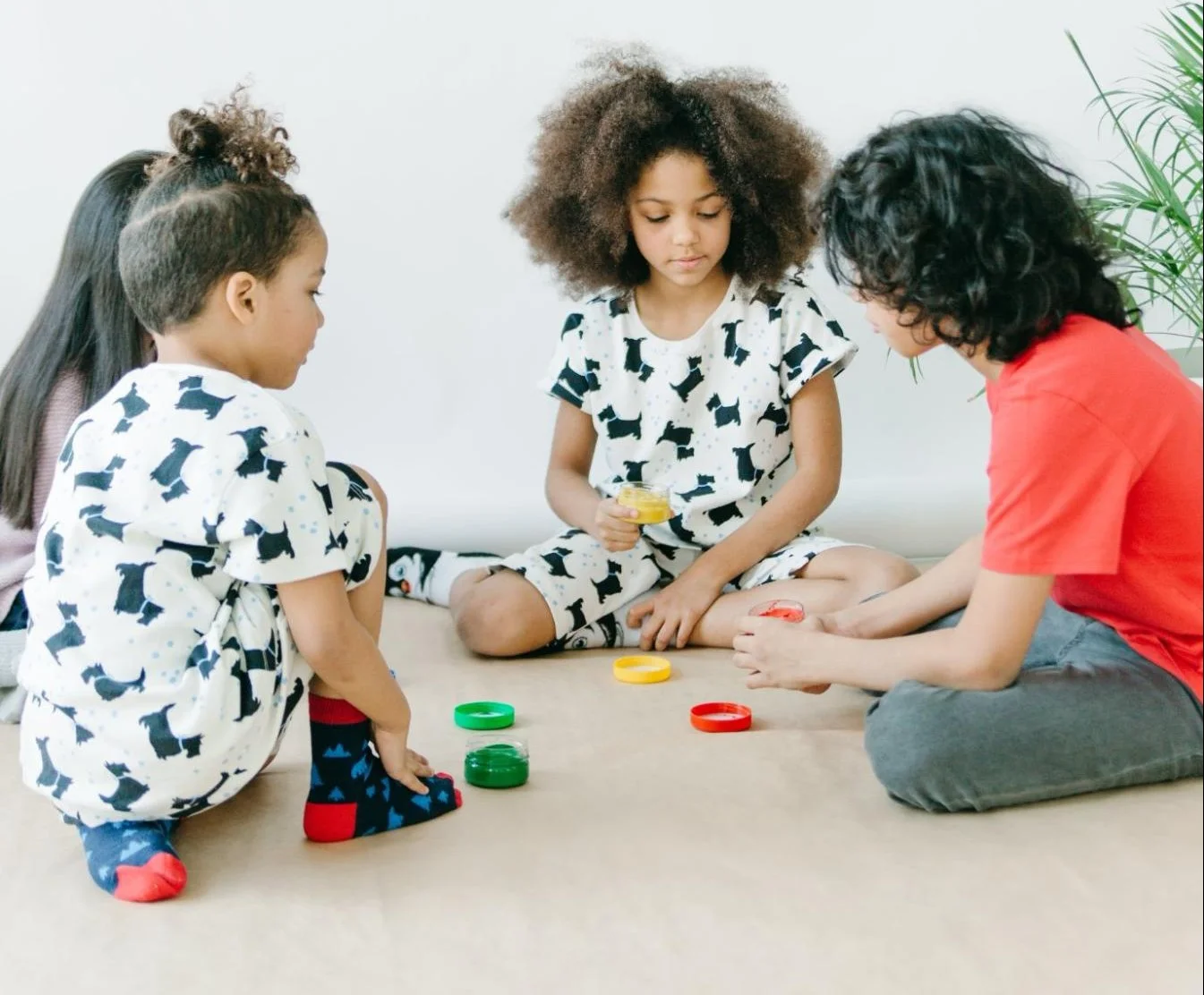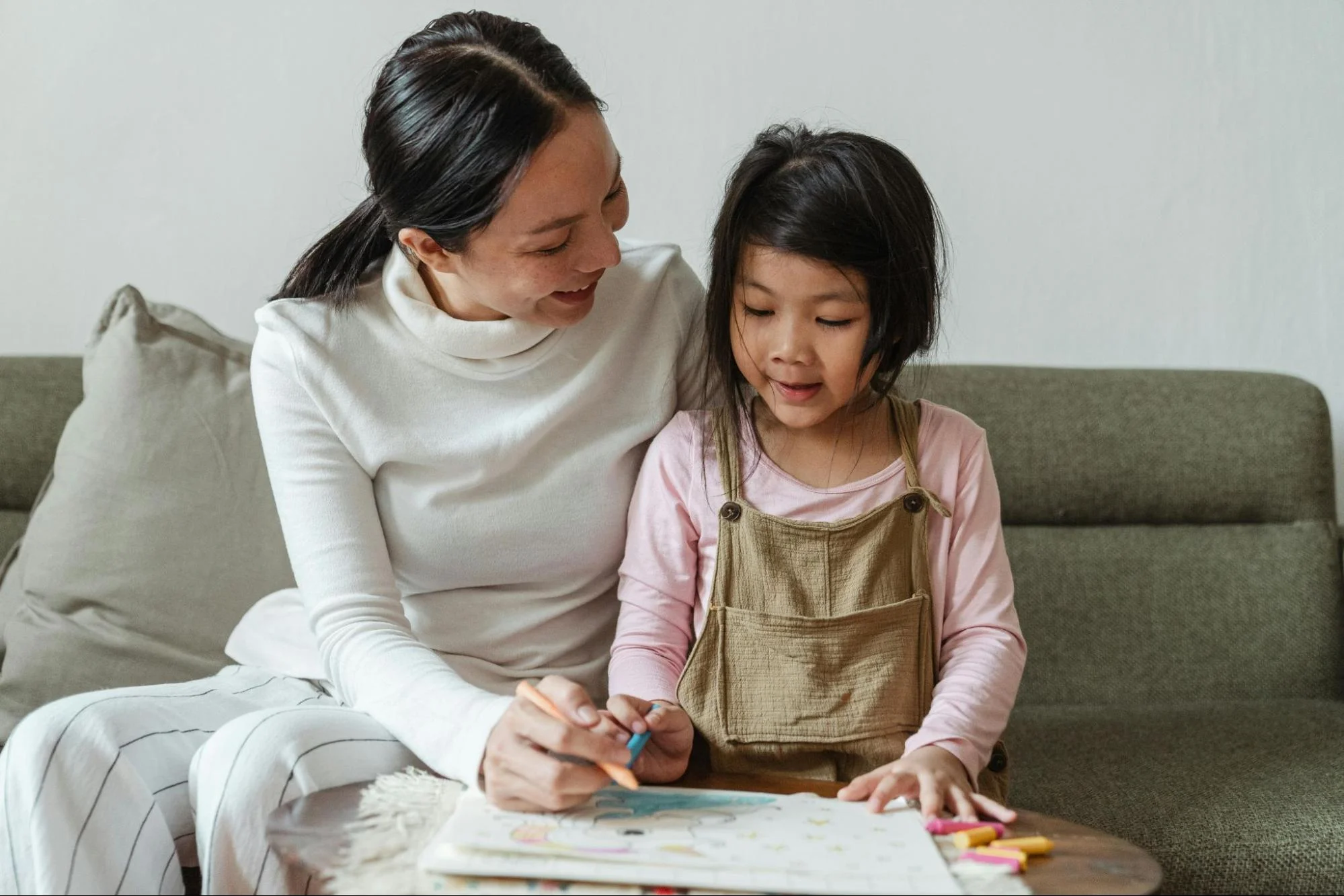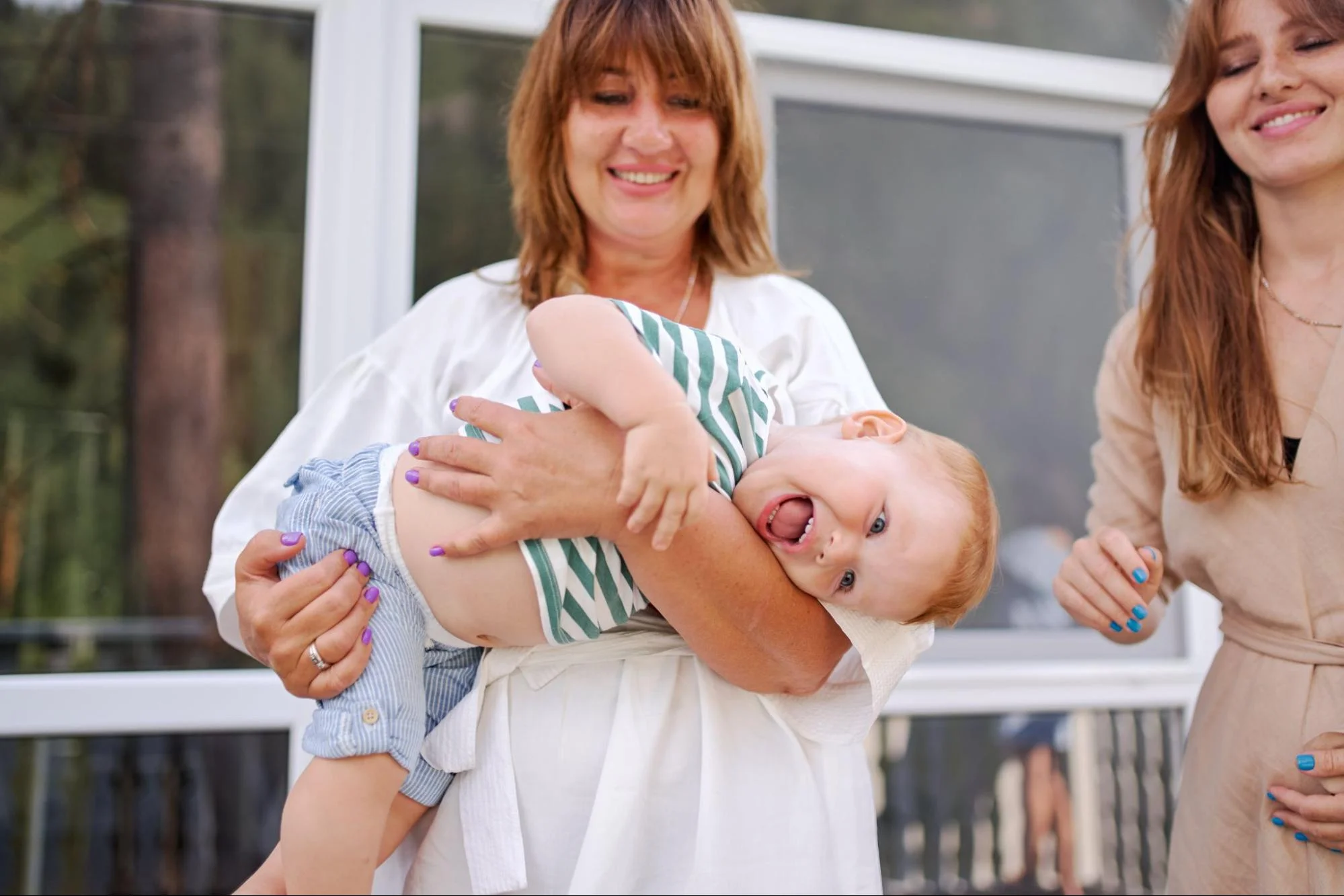Update: This article was last updated on 2nd September 2024 to reflect the accuracy and up-to-date information on the page.

All disabled people share one common experience – discrimination: Patrisha Wright Disability prejudice runs rampant over the world and there is very little or no social awareness about it. UNICEF is continuously striving to build a world where “every child can grow up healthy, protected from harm, and educated, so they can reach their full potential.” The UN Convention on the Rights of Persons with Disabilities of 2006 says that children with “long-term physical, mental, intellectual or sensory impairments” should enjoy the same human rights and freedoms as other children.
How do you react when you see a differently-abled kind? Do you cringe or empathize?
How do you explain differently-abled persons to your children? What is your awareness level about children with special needs?
If you are well-informed and aware of the prejudices against the differently-abled and their needs, consider yourself part of the growing community that is struggling to break the shackles of discrimination against the 93 million children suffering from different kinds of disabilities worldwide. Heartbreaking incidents of differently-abled children experiencing abuse and violence in schools are common. So are the reports of children with mental and physical disabilities being bullied and ostracized by their peer groups. The root cause of this discriminatory behavior is the lack of awareness about the needs of special children. It’s awfully upsetting.
A World Bank review from March 2021 states that children with disabilities lack access to basic amenities such as meal programs, assistive technologies, extracurricular activities, sanitation, and other vital programs due to schools closing down in the pandemic. According to a UNICEF report, at present, the world has over 93 million children with disabilities with a higher risk of physical abuse, lack of proper nutrition or humanitarian assistance in emergencies, lack of education, access to medical services, and most importantly, lack of opportunities to have their voices heard in society. UNICEF is not the only one. Several significant players are working for the rights of children with special needs and the Disability Rights Education and Defense Fund (DREDF) is one of them.
Patrisha Wright, the disability rights activist, co-founded DREDF in 1979, but what is worrisome is that the ratio of discrimination against differently-abled hasn’t improved much in the last four decades if the data is anything to go by. Do you ever wonder why UNICEF or DREDF or hundreds of such groups and volunteers have been unable to get the kind of success they should or wish for?
This is because society, as a whole, is not participating. The World Bank and the World Health Organisation state that the likelihood of children dropping out of schools doubles due to a disability, where everyone-out-of-three school drop-outs are disabled. You must have heard that social responsibility is an ethical framework, where an individual should act for the benefit of society at large. It implies we have a duty to act in the best interests of society as a whole. For that, you don’t have to be part of an organization. You can start at home by sensitizing your children.
Remember, children are our future and children are great imitators too. As parents, take it upon yourself to sensitize your children about kids with special needs and disabilities and how to deal with them. While teaching appropriate social skills to our children, you must include lessons on how to communicate with children with special needs. As a parent, you don’t have to go out of your way to sensitize children.
A few minor changes in routine activities can bring the desired results.
Create Awareness

Sensitizing kids about disabilities isn’t that difficult. Pictorial books to TV shows to interesting documentaries – plenty of resources are available to explain to them about it. Kids are curious and satisfying their curiosity is important, but in the right manner and with the right information. Share successful and inspiring stories of differently-abled people like theoretical physicist, Stephen Hawking, creative writer Gaele Sobotta, etc. However, the dose of information should be according to their sense and sensibility. Television has produced some groundbreaking shows on creating awareness about children with special needs like A Word and Speechless, and movies like Wonder.
Inculcate Inclusive Attitude

UNICEF is also stressing the equity-based approach. The goals include mainstream disability across all of its policies and programs – both in development and humanitarian action – and to develop leadership on the rights of children with disabilities, building capacity among staff and partners.
Imagine the pain and suffering of the parents whose children face rejection and bullying day in and day out for being differently-abled. It indeed breaks the heart to see your loved one suffer. Inclusive social etiquette can be an answer to this problem. Inculcate inclusive social skills in your children. Explain the problems that exist in society and how to accept differences in others. The baby steps would be accommodating aging ailing grandparents in their daily activities.
Indulge in Role-Play Activities

Participating in role-play activities could be beneficial because it would allow children to get into other people’s characters. In return, the experience would help them in developing skills to look at things from others’ perspectives and act accordingly. As they grow, the experience would make them understand the importance of patience and kindness and they would be able to make more informed decisions and choices. More importantly, they would be able to differentiate between empathy and sympathy.
Recommended Reading:
Avoid Negative Terms

Articulation directly impacts impressionable minds. That’s the reason we avoid slang and cuss words in front of children. Similarly, while talking about sensitive issues, like people with special needs, avoid using negative terms such as disabled, crippled, retarded, etc.
It will defeat the purpose. A conscious effort to follow a positive approach would fetch desired results. Conclusion The motive behind sensitizing children about differently-abled kids is to ensure that children do not have to make efforts when they come across people with special needs. Compassion, empathy, and inclusiveness should rather come naturally to them. A proactive effort by parents for the inclusion of the disabled in every aspect of life will give momentum to the cause. On the other hand, lessons at home would make children sensitive to the needs of children with special needs. One day, nurtured with positive education, this well-groomed and well-informed community would grow up with a holistic and empathetic approach and be instrumental in building a society for all.
Looking for a comprehensive parenting guide to ensure you are on the right track? Explore a wealth of parenting wisdom and educational insights in Moonpreneur’s blogs. Additionally, you can join our programs that nurture the next generation of innovators. Book a free trial now!


























There’s no such thing as a special child, each child is gifted and is special in their own way… I always teach my kids to be there for whoever feels low.
My daughter has a bestfriend who is in a wheelchair and I’m so proud to see how my daughter takes care of her. It almost made me cry. This set an example of support and empathy in children.